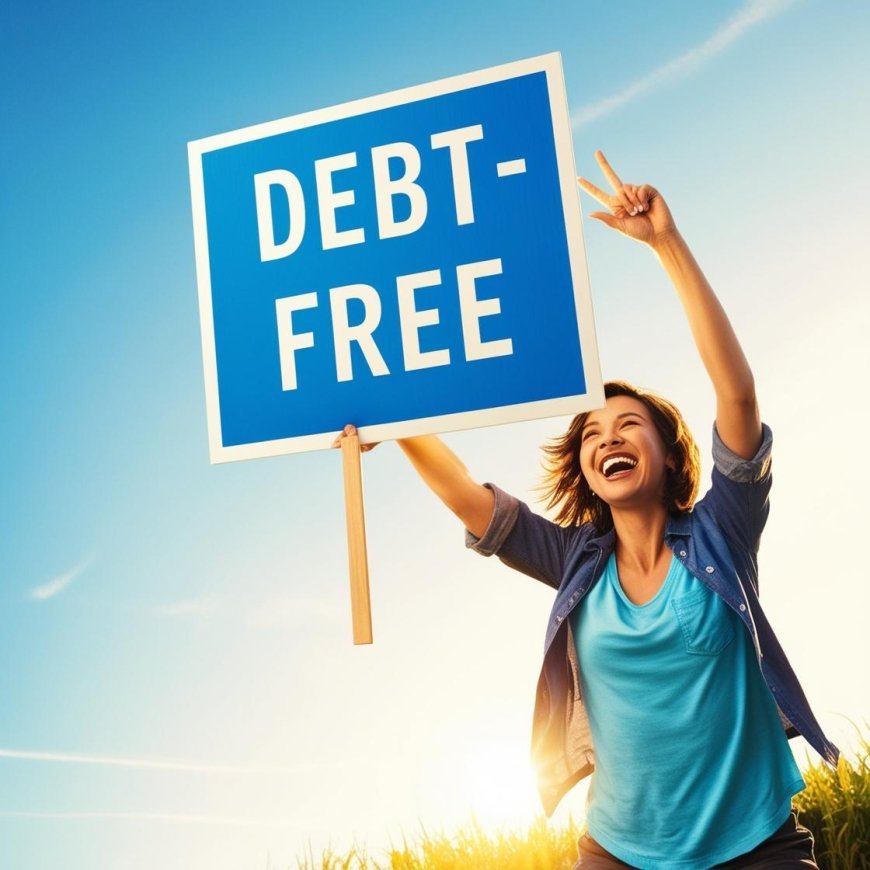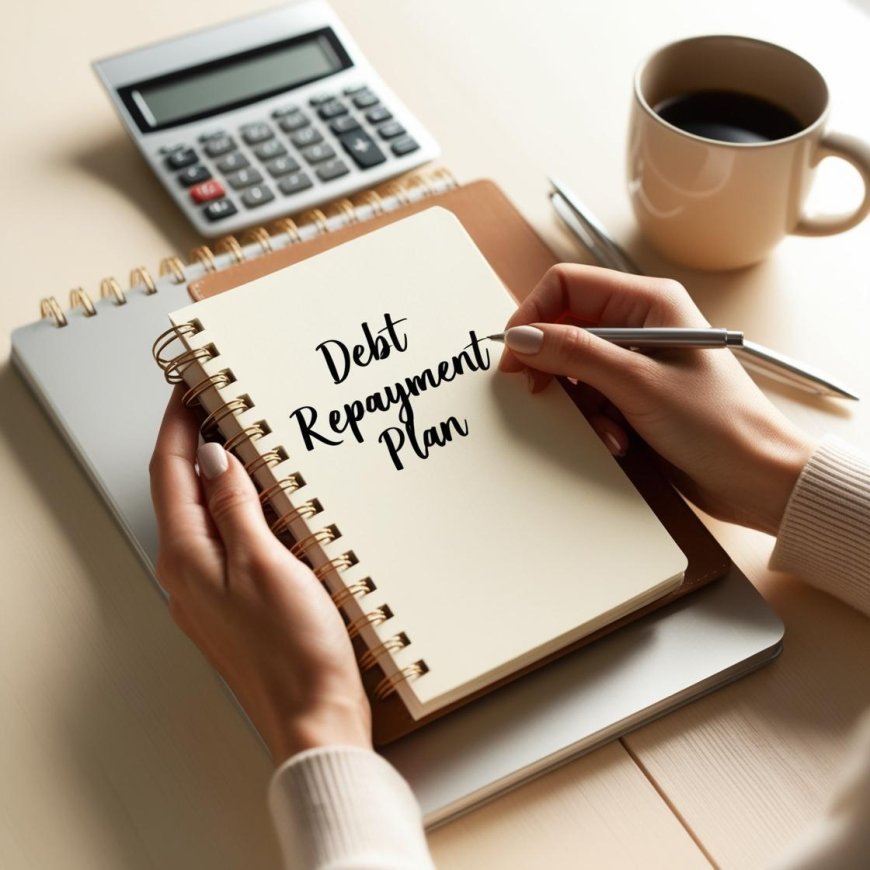Debt-Free Living: Strategies for Paying Off Debt Faster
Achieving debt-free living is within reach with the right strategies. This guide provides effective methods, from budgeting to debt consolidation, to help you pay off debt faster. With small, steady steps, you’ll be on your way to financial freedom and a life without financial stress.

Debt is a heavy burden not only for financial instability, but also for mental calm. Most people want to live a debt-free life, but doing so requires persistence, preparation, and deliberate action. Whether you have debt from college loans, credit cards, or medical expenditures, smart strategies can help you pay it off faster and get back on track financially. Here are tried and true methods for getting you on the path to debt-free life.
1. Develop a Realistic Budget and Adhere to It
Create a budget. The first step in paying off debt faster is to create a budget that allows you to track how much money you make and where it goes. Make a list of all your basic bills, such as rent, utilities, and groceries. Determine some costs to eliminate and use the savings to pay off debt. With a realistic budget, you will regain control of your finances and be able to save some money to pay off debt more quickly.
2. Snowball or Avalanche Technique
You can speed up debt repayment by employing the two most common pay-off procedures, Snowball and Avalanche. The Snowball approach pays the smallest debt first, whereas an avalanche pays the debts with the highest interest rates. The snowball strategy provides rapid victories, which may encourage some people, whereas the avalanche saves money in the long term.
3. Additional Payments whenever Available
If you receive a bonus, a tax refund, or any other lump sum of money, put it towards your debt. Extra payments reduce the principal owing, lowering the total amount of interest you'll pay over time. It doesn't take much more money to make a significant impact in how long it takes you to repay your debt.
4. Avoid making new debt
Paying off debt is difficult enough without adding more to the mix. In most circumstances, avoid making unnecessary credit card purchases or taking out new loans. The more frequently you use cash or your debit card, the less likely you are to spend money you don't have.
5. Pay High-Interest Debt First
High-interest debt, such as credit cards, can accumulate quickly, making it difficult to pay off principal sums. Paying off high-interest debt first reduces the amount of interest you pay over time and accelerates your debt repayment.
6. Debt Consolidation
This should assist you avoid spreading debt across several high-interest obligations; combining them into a single loan with a lower rate would simplify repayment and further decrease costs. Personal loans and credit cards with balance transfers may even provide lower interest rates, allowing you to better manage your debt and make only one payment.

7. Track Your Progress and Celebrate Milestones
Make sure you track your steps regularly enough to be reminded of the job you're doing. Create tiny goals, such as "I will pay off this amount of debt." When you reach these kinds of milestones, reward yourself in ways other than money. This can help you stay motivated and focused on your ultimate goal of being debt-free.
Conclusion
To become debt-free, you must adjust your spending habits and financial plans. Living debt-free is possible by developing a budget, devising a repayment strategy, and remaining consistent with extra payments. These tactics bring you closer to a future free of financial worries while paying off debt at a faster rate. You may begin enjoying a debt-free life now, with the pride that comes from financial independence.
What's Your Reaction?











































































